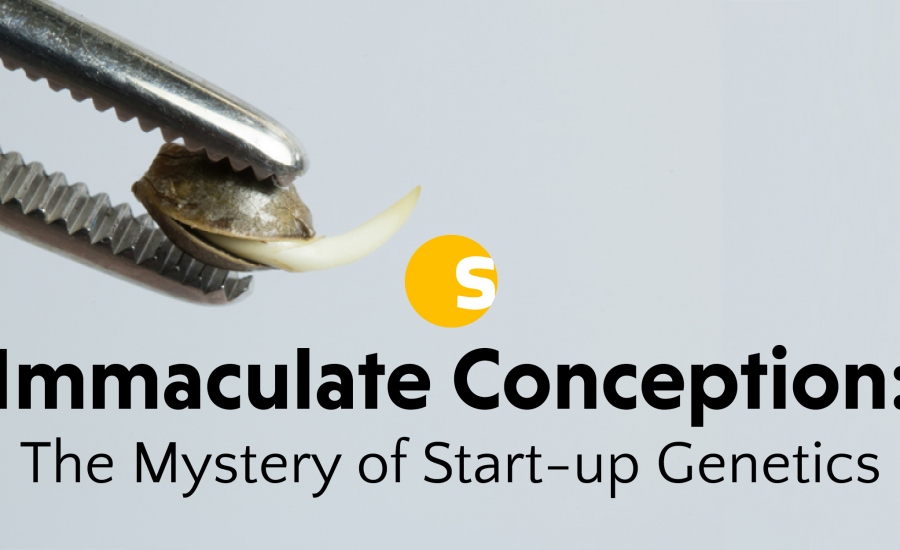Last November, two more states joined the cannabis movement and at least partially did away with their antiquated cannabis laws. Both Missouri and Utah legalized medical cannabis during the midterm elections, although to varying degrees of legality.
As I made the pilgrimage home to St. Louis last week for the MoCannBizCon+Expo, I was impressed to see my home state of Missouri maturing in such a way. Just a few years ago, it would have been hard to imagine that medical cannabis would be legal in the state, let alone that the citizens would be so eager to be a part of the new market.

Seeing the industry developing back home got me thinking: “How does a state where cannabis was previously outlawed obtain the first plants needed to start a legal supply chain?” The answer, as I’ve come to learn, is a phenomenon described in the industry as “immaculate conception” — that is, they just appear in the market out of thin air.
Ok, so they don’t actually appear out of thin air, but for the sake of inventory tracking, they seem to. States generally operate on a “don’t ask, don’t tell” policy for a period of time before requiring businesses to start tracking their plants. This period can last anywhere from around one week to, as some Missouri breeders and growers are advocating for, up to one year.
Unfortunately for operators in newly legalized states, there are rarely any legal methods available for acquiring start-up genetics. Breeders and growers can obtain their start-up genetics from many places, including local breeders if they exist, out of state breeders, or online vendors. It’s important to note that, while a common source of start-up genetics, any interstate or delivery-by-mail sources are subject to federal enforcement and are not protected by a state’s cannabis laws.

During this immaculate conception period, breeders and growers are able to procure their initial genetics through a number of ways without needing to track the plants or seeds. Once the immaculate conception period is over, businesses have to log all existing plants in the state’s inventory tracking system. From that point forward, all businesses must be able to track their plants from seed to sale.
While more than half of the country has legalized cannabis in some form, the need to acquire start-up genetics remains an issue. Both Missouri and Utah will have to address this problem in 2019, and other states will face the same challenge as they loosen cannabis laws. Until there is a change at the federal level that allows interstate commerce for the cannabis industry, it seems we will have to continue relying on immaculate conception.

Comments: 3
Excellent article. We were very happy the community echoed our suggestion to the DHSS, and that the regulatory body listened to us!
What is our immaculate conception period in Missouri then? Is it a week, 6months,year?
Thank you for your question, Marvin!
After a quick search, the “immaculate conception” period does not appear to be explicitly stated in the current emergency rules. I reached out to the DHSS for comment and was told that they are working on clarifying this within the FAQ page in the near future.
Keep an eye out for updates here: https://health.mo.gov/safety/medical-marijuana/faqs-facility.php.